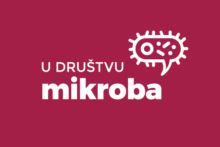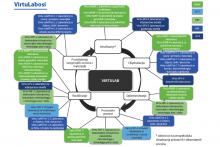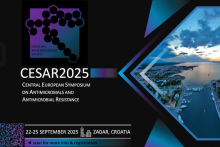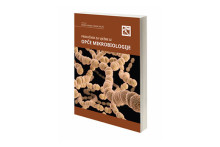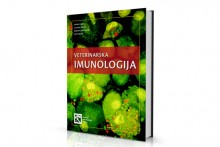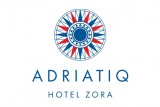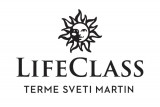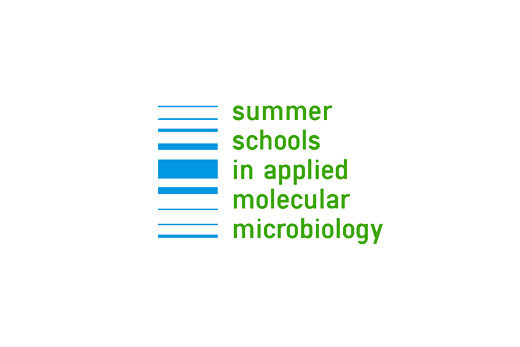
John Innes – Ruđer Bošković Summer Schools on Applied Molecular Microbiology – “Microbial Specialised Metabolites: From Genome to Molecule”
Date: September 8th-16th, 2018
Venue: Dubrovnik, Croatia
Under the auspices of the Federation of European Microbiological Societies (FEMS) and Croatian Microbiological Society (CMS), seventh in this series of summer schools will be at the Inter-University Centre (IUC) in Dubrovnik, 8 – 16 September 2018, with the title “Microbial Specialised Metabolites: From Genome to Molecule”. The summer school is organized by John Innes Center (UK) and Ruđer Bošković Institute (Croatia). The co-directors of the course are Barrie Wilkinson and Mervyn Bibb (John Innes Centre), Greg Challis (University of Warwick) and Duška Vujaklija (Ruđer Bošković Institute, the president of the Section for Bacteriology and an active CMS member).
The summer school reflects the recent development of interest in microbial metabolites that has resulted from the sequencing of small molecule-producing microorganisms, coupled with the current explosive development of sequencing technology, bioinformatics and chemical analysis. Ecological studies highlighting the wide range of roles for small molecules in microbial communities provide another major driving force.
These summer schools have established a reputation for the quality of the faculty and participants (about 40) and the high degree of productive interaction during the week-long courses. A special feature of the summer school will be hands-on computer workshops to annotate genomes and analyse natural product gene clusters.
We warmly invite CMS members to apply for the summer school.
The deadline for applications is 31st May 2018.
Mogućnosti zapošljavanja
National Institute of Biology Announces Fully Funded PhD Position in Viromics
Rok za prijavu: 06.06.2025
Projekt "U Društvu mikroba"
Osnovna svrha projekta je doprinijeti uvođenju, razvoju i održivosti programa društveno korisnog učenja na fakultetima. Više o projektu
Zanimljivosti
Projekt Virtulab
VIRTULAB je virtualno umrežen znanstveno-istraživački laboratorij za primarne i sekundarne sirovine.Naša članica, prof. dr. sc. Dijana Škorić u podkistu o koronavirusu i cjepivu
Podkist je podcast Zavoda za komunikacijske i svemirske tehnologije (ZKIST) u kojem se razgovara o znanstvenim i tehnološkim temama te temama povezanim sa studiranjem i učenjem. Cilj je u opuštenoj atmosferi približiti najnovija znanstvena istraživanja široj publici, dati studentima širi pogled na to što uče te poslušati savjete starijih kolega o studiranju, radu i napredovanju u profesionalnoj karijeri.Postani član HMD-a
Cilj Društva je okupljanje mikrobiologa i stručnjaka srodnih struka s ciljem unapređenja svih grana mikrobiologije.
Skupovi HMD-a
7th Central European Symposium on Antimicrobials and Antimicrobial Resistance (CESAR2025)
Date: 22 - 25 September 2025
Venue: Zadar, Croatia
The 7th Central European Symposium on Antimicrobials and Antimicrobial Resistance (CESAR2025) will be held from September 22-25, 2025, at the Hotel Kolovare in Zadar, Croatia. This attractive tourist city, located in the center of the East Adriatic, is surrounded by stunning natural landscapes, making it an ideal venue for this important event.Ostali skupovi
Date: 4-6 November, 2026
Venue: Lisbon, Portugal
7th Croatian Congress of Toxicology with International Participation
Date: October 5-8, 2025
Venue: Rab, Croatia
12th Trends in Medical Mycology
Date: 19-22 September 2025
Venue: Bilbao, Spain
Izdavaštvo
Priručnik za vježbe iz opće mikrobiologije
Ovaj sveučilišni priručnik napisalo je petnaestak autora iz desetak visokoškolskih ustanova iz Zagreba i Rijeke, a sadržaj je podijeljen u petnaest, slikama bogato ilustriranih poglavlja u kojima su opisane i obrađene različite bakteriološke, virološke, mikološke, imunološke i molekularno-biološke metode koje se upotrebljavaju u općoj mikrobiologiji koja se studira na nizu različitih fakulteta i visokih škola.
Veterinarska imunologija
Radi se o vrhunskoj literaturi za potrebe visokoškolske nastave iz veterinarske imunologije. Knjiga je svojim sadržajem namijenjena prvenstveno studentima, ali i veterinarima u praksi i nastavnicima.
(Iz recenzije)


